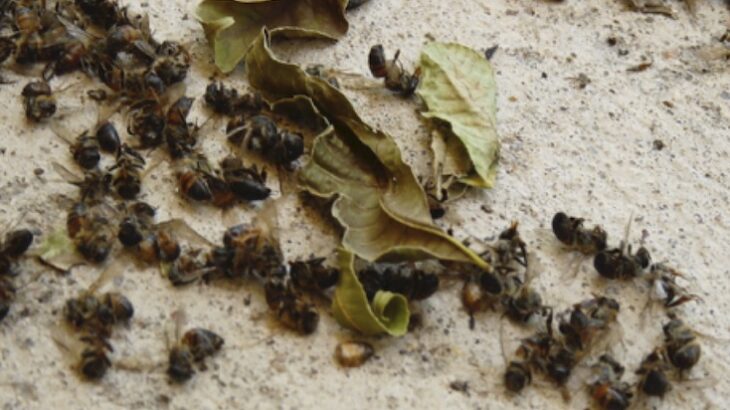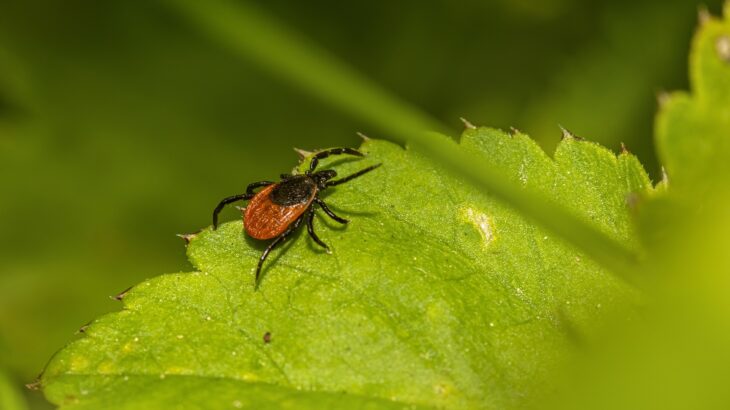
This week, we are highlighting a 2020 post by Biology & Life Sciences editor Jenna Finlay. Written at the height of the COVID-19 pandemic, Jenna’s post highlights another, much less well-known epidemic affecting the world’s honeybees. Check out this post to learn about the fungal genus Nosema, and what we know about its effects on […]







